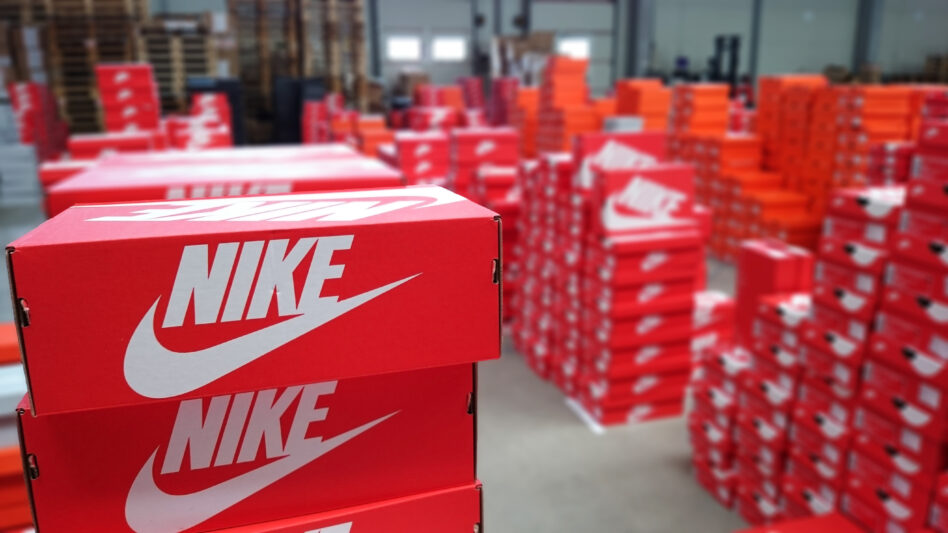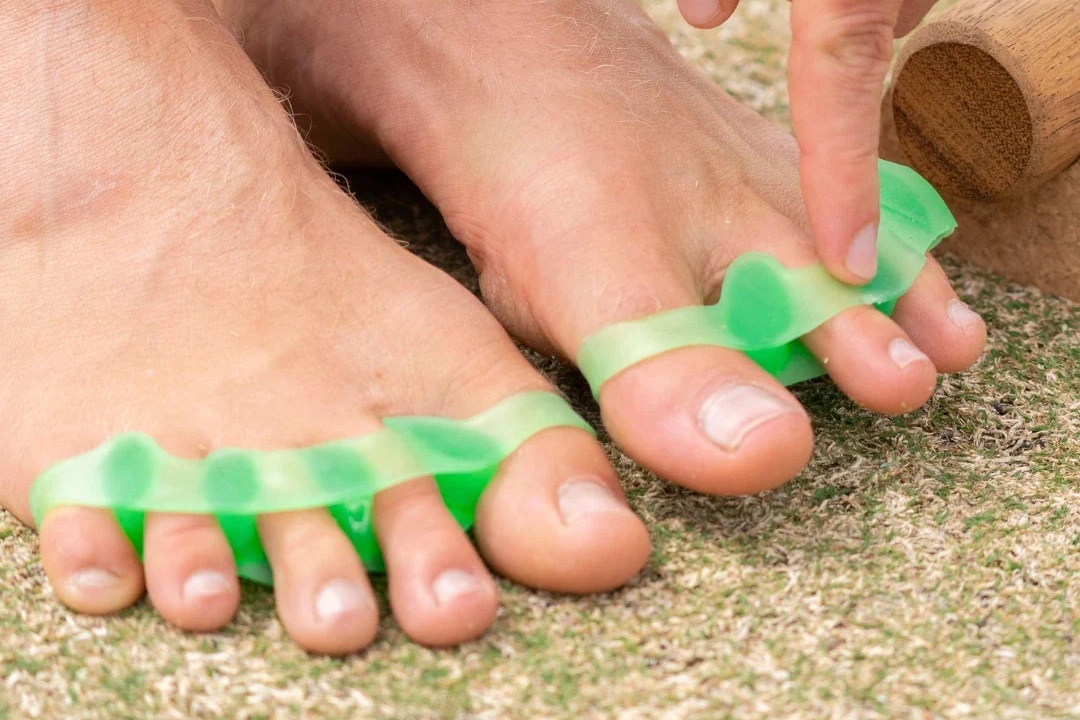
Image Source: Rei Imagine / Shutterstock.com
For the last six years or so, Nike has been separating itself from traditional retail stores in favor of direct-to-consumer selling. So, the recent announcement that the sportswear giant is revitalizing its partnerships with retails and wholesalers came as a surprise.
Designer Brands Inc., owner of Designer Shoe Warehouse (DSW) revealed on Thursday that starting in October it will begin re-selling athletic gear made by Nike. The announcement comes almost two years after the company first declared that it was no longer receiving products from Nike.
Earlier this month, Macy’s also announced that this Fall it too would be bringing back Nike to its stores. Currently, Macy’s still sells Nike shoes, however, now key retail locations and Macy’s online store will also include an expanded array of apparel and other Nike accessories.
Back in 2020, Nike products accounted for roughly 7% of DSW’s overall annual sales, so both DSW and Macy’s will welcome its renewed business relationship with Nike in the hope of reclaiming back some of its lost revenue.
The real surprise is why Nike has now gone back on its aggressive strategy of direct customer selling, which has been in place since 2017. This strategy resulted in Nike cutting ties with many retailers worldwide, and focusing solely on its direct-to-consumer selling and building tighter relationships with key retail players, such as Footlocker.
By Autumn of 2021, Nike had stopped doing business with almost 50% of its retail partners and didn’t look like returning. By the end of 2022, Nike has accumulated considerable excess inventory, which created good business opportunity for wholesalers. The sportswear brand has yet to comment on this latest turnaround in strategy but has stated in the recent past the importance that physical retail stores still play in its revenue margins.
Some have speculated that the shift may be somewhat due to the fact that customers are currently reducing their spending, especially online. Nike modifying its strategy to include a larger wholesale approach can be seen as an attempt to stay in tune with the current momentum of the ever-changing market.
Nike has lost some sway in certain categories recently, so these latest announcements to move away from primarily direct-to-customer selling might prove to be a shrewd business move going forward, as several other companies are now also re-focusing on the physical retail approach to selling their wares.
Even though Nike’s wholesale sales grew by more than 15% in the first quarter of this, the company has forecast a difficult year of sales in both its wholesale and direct sales channels. It has been predicted that wholesale sales may see a decline of around 5% in 2024. In the meantime, Nike is expecting wholesale revenue to grow over the next few sales quarters.
By the end of June, Nike will report its fourth-quarter earnings to investors, who will no doubt be eager to hear updates on the company’s new wholesale strategy. On Friday, Nike shares were down by 0.3%. So, far this year, Nike’s stock has also declined by about 10%, while the S&P 500 is up 12%. By this time next year, it will be interesting to see if Nike’s new wholesale strategy will have any kind of real impact on these figures.

Image Source: Rei Imagine / Shutterstock.com
For the last six years or so, Nike has been separating itself from traditional retail stores in favor of direct-to-consumer selling. So, the recent announcement that the sportswear giant is revitalizing its partnerships with retails and wholesalers came as a surprise.
Designer Brands Inc., owner of Designer Shoe Warehouse (DSW) revealed on Thursday that starting in October it will begin re-selling athletic gear made by Nike. The announcement comes almost two years after the company first declared that it was no longer receiving products from Nike.
Earlier this month, Macy’s also announced that this Fall it too would be bringing back Nike to its stores. Currently, Macy’s still sells Nike shoes, however, now key retail locations and Macy’s online store will also include an expanded array of apparel and other Nike accessories.
Back in 2020, Nike products accounted for roughly 7% of DSW’s overall annual sales, so both DSW and Macy’s will welcome its renewed business relationship with Nike in the hope of reclaiming back some of its lost revenue.
The real surprise is why Nike has now gone back on its aggressive strategy of direct customer selling, which has been in place since 2017. This strategy resulted in Nike cutting ties with many retailers worldwide, and focusing solely on its direct-to-consumer selling and building tighter relationships with key retail players, such as Footlocker.
By Autumn of 2021, Nike had stopped doing business with almost 50% of its retail partners and didn’t look like returning. By the end of 2022, Nike has accumulated considerable excess inventory, which created good business opportunity for wholesalers. The sportswear brand has yet to comment on this latest turnaround in strategy but has stated in the recent past the importance that physical retail stores still play in its revenue margins.
Some have speculated that the shift may be somewhat due to the fact that customers are currently reducing their spending, especially online. Nike modifying its strategy to include a larger wholesale approach can be seen as an attempt to stay in tune with the current momentum of the ever-changing market.
Nike has lost some sway in certain categories recently, so these latest announcements to move away from primarily direct-to-customer selling might prove to be a shrewd business move going forward, as several other companies are now also re-focusing on the physical retail approach to selling their wares.
Even though Nike’s wholesale sales grew by more than 15% in the first quarter of this, the company has forecast a difficult year of sales in both its wholesale and direct sales channels. It has been predicted that wholesale sales may see a decline of around 5% in 2024. In the meantime, Nike is expecting wholesale revenue to grow over the next few sales quarters.
By the end of June, Nike will report its fourth-quarter earnings to investors, who will no doubt be eager to hear updates on the company’s new wholesale strategy. On Friday, Nike shares were down by 0.3%. So, far this year, Nike’s stock has also declined by about 10%, while the S&P 500 is up 12%. By this time next year, it will be interesting to see if Nike’s new wholesale strategy will have any kind of real impact on these figures.



